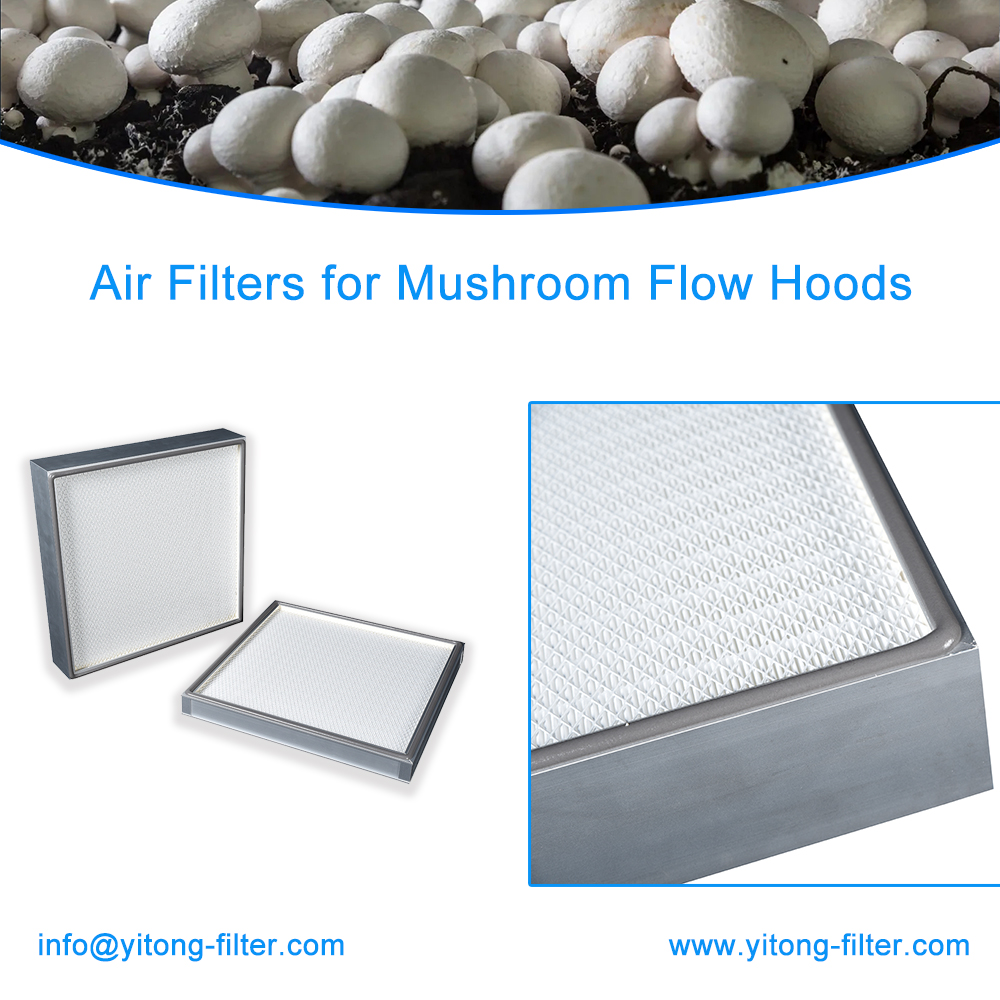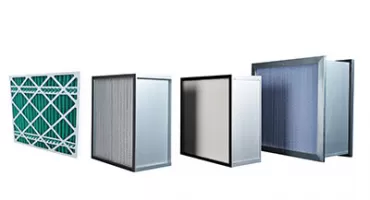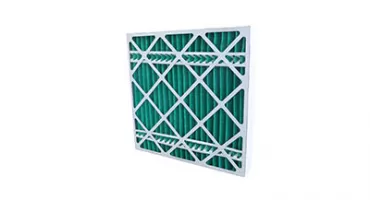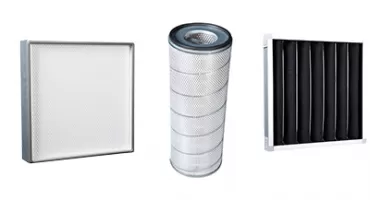 September 12, 2024
September 12, 2024
Mushroom cultivation, also known as Pilzzucht, is an exciting and rewarding activity for both hobbyists and commercial growers. However, to grow healthy, contamination-free mushrooms, one essential tool you need is a HEPA filter.
In this article, we will explore why HEPA filters are crucial in mushroom growing, how they work, and the benefits they offer for anyone looking to grow mushrooms successfully.

A HEPA filter stands for High-Efficiency Particulate Air filter, and it’s widely recognized for its ability to trap 99.97% of airborne particles, even as small as 0.3 microns. This makes it an essential tool for environments that require exceptionally clean air, like laboratories, hospitals, and—yes—mushroom growing spaces.
HEPA filters work by forcing air through a fine mesh that captures harmful particles like dust, pollen, mold, bacteria, and spores. This mechanical filtration system ensures that the air circulating in your mushroom cultivation space is free of contaminants that can harm your crop.
Mushrooms are particularly sensitive to contaminants, such as mold spores and bacteria, which can easily ruin an entire batch. Since mushrooms thrive in moist environments, they can attract unwanted fungi and bacteria if the air quality is poor. Here’s why a HEPA filter can be a game-changer for mushroom growers:
1. Contaminant Control
Mushrooms are highly susceptible to contamination, especially in the early stages of growth. The air in a mushroom-growing space can carry harmful spores and bacteria that could invade your substrate (the material mushrooms grow on). Using a HEPA filter helps eliminate these airborne threats, providing a sterile environment essential for healthy mushroom growth.
2. Improved Air Quality
For mushrooms to flourish, they need clean, contaminant-free air. HEPA filters remove particles from the air that could disrupt the mushroom's delicate growing conditions. This includes removing dust, mold spores, and other pollutants that can settle on the substrate or on the mushrooms themselves.
3. A Sterile Environment for Inoculation
The process of inoculation—where you introduce mushroom spores or mycelium into the growing medium—is extremely sensitive. Even the tiniest airborne contaminant can interfere with successful inoculation. HEPA filters are often used in clean rooms or sterile environments to keep the air clean during this critical phase.
Using a HEPA filter in your mushroom-growing setup has multiple advantages that can directly impact the success and quality of your harvest:
1. Higher Yield
A contamination-free environment leads to a more productive mushroom farm. HEPA filters significantly reduce the chance of contaminants killing your crop, resulting in higher yields.
2. Better Mushroom Quality
Mushrooms grown in clean, controlled environments are generally of superior quality. They’re healthier, more robust, and free from blemishes caused by mold or bacteria. This not only benefits growers but also appeals to customers who are looking for premium products.
3. Reduced Costs
While HEPA filters may seem like an upfront investment, they save you money in the long run. Fewer contaminated batches mean less wasted substrate and time. Plus, you won’t need to spend on additional treatments or controls to fight contaminants.
You might be wondering if you can get by with a cheaper, less efficient air filtration system. While options like standard air filters or carbon filters exist, they don't compare to the efficiency of a HEPA filter, especially when it comes to mushroom cultivation.
HEPA filters are designed to trap the smallest particles, which include mold spores, bacteria, and even viruses. Standard filters may capture dust but aren’t capable of the fine filtration needed to keep your growing area sterile. Carbon filters, while great for removing odors, don’t provide the same level of particle filtration either.
In short, if you’re serious about growing mushrooms, a HEPA filter is a must-have.
Selecting the right HEPA filter for your growing space involves a few considerations:
1. Size and Air Flow
Your HEPA filter should be appropriately sized for the room or space where you’re cultivating mushrooms. Look for filters that are designed to handle the air volume of your grow room. Too small, and it won’t clean the air effectively; too large, and you’ll be spending more than necessary.
2. Maintenance
Like all air filtration systems, HEPA filters need regular cleaning or replacement to ensure they remain effective. Check the manufacturer's recommendations on how often the filter needs to be replaced. Keeping up with filter maintenance will help prolong its life and maintain high air quality.
3. Cost vs. Benefit
While HEPA filters can be more expensive than standard air filters, the long-term benefits far outweigh the initial cost. You’ll spend less time battling contaminants and more time growing healthy mushrooms, ultimately making the investment worth it.
Conclusion
HEPA filters are an indispensable tool in mushroom cultivation. They create a clean, sterile environment that allows your mushrooms to grow without the risk of contamination. Whether you’re a hobbyist or a commercial grower, using a HEPA filter can lead to healthier crops, better yields, and higher-quality mushrooms.
By investing in a reliable HEPA filtration system, you can ensure that your mushrooms have the best environment to thrive. Clean air equals clean mushrooms, and in the world of mushroom cultivation, that’s the key to success.
 Jan. 26, 2024
Which Air Filter Reigns Supreme for HVAC Systems: HEPA or MERV?
Jan. 26, 2024
Which Air Filter Reigns Supreme for HVAC Systems: HEPA or MERV?
 Jun. 13, 2023
Enhancing Indoor Air Quality with Ventilation Air Filters
Jun. 13, 2023
Enhancing Indoor Air Quality with Ventilation Air Filters
 Jan. 15, 2024
Air Filters Used in the Electronics Manufacturing Industry
Jan. 15, 2024
Air Filters Used in the Electronics Manufacturing Industry
Choose Yitong Filter to help maintain production operations and ensure the safety of workers.

